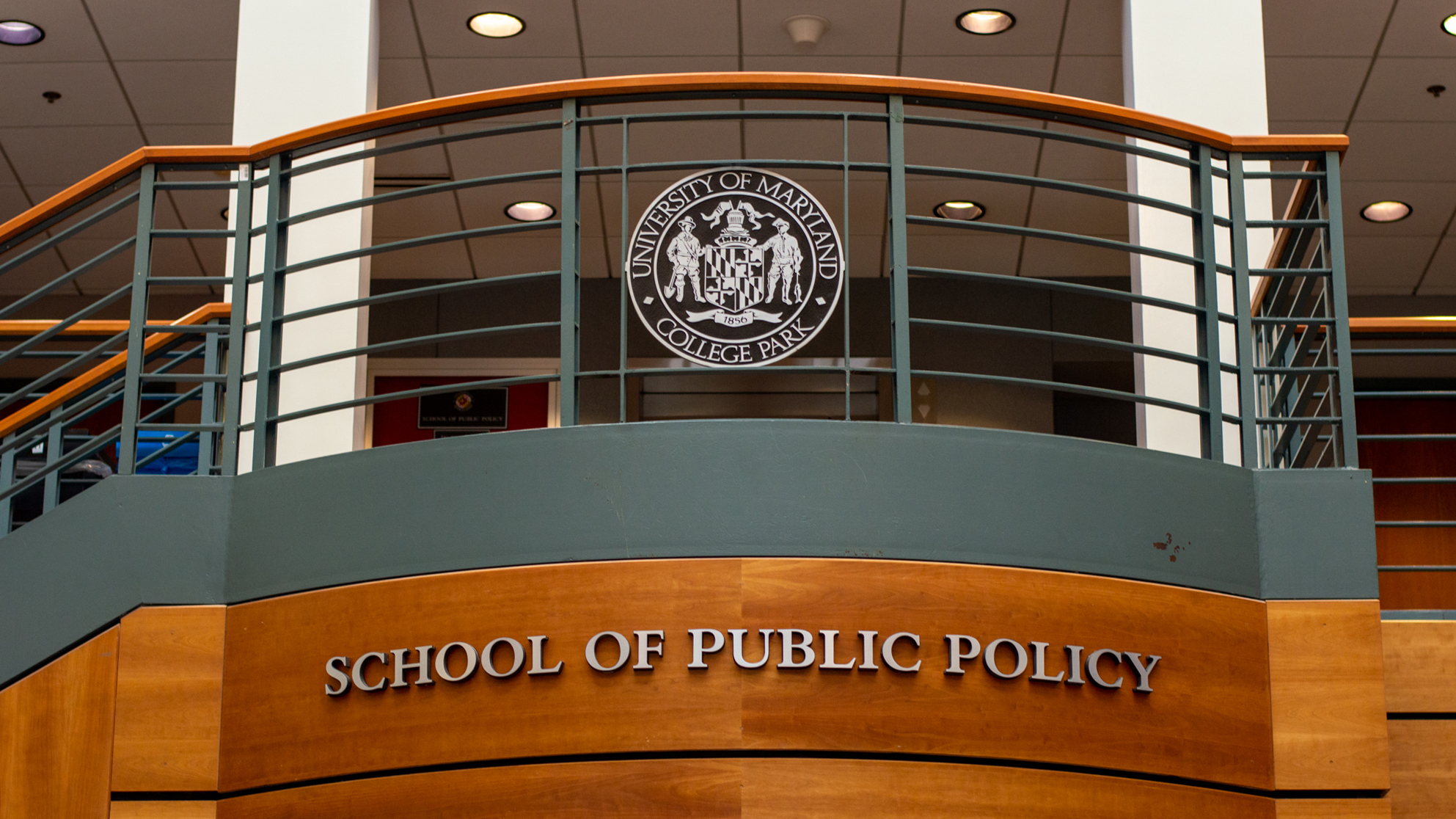The University of Maryland’s engineering and public policy schools, as well as the information studies college, are collaborating to launch the Science, Technology, Ethics, and Policy minor, replacing a related certificate program. The minor will hold its first course in spring 2022.
The University Senate voted Thursday to officially discontinue the engineering school’s certificate in Science, Technology and Society. The new minor completed the senate approval process in May of this year.
Since the spring 2020 semester, no students have been enrolled in the STS certificate program, according to Valerie Orlando, chair of the senate Programs, Curricula and Courses Committee.
David Tomblin, a senior lecturer and director of College Park Scholars Science, Technology and Society, will lead the new minor program. When he first came to the university, he was surprised that there were very few ethics courses geared toward students. The new minor will ask students to think about how their work impacts the broader community.
The College Park Scholars Science, Technology and Society program, which explores similar issues, has a limited capacity. Tomblin’s goal is to allow more people to learn about the implications of science and technology for society. His hope is that the increased access to these courses will allow for more diverse perspectives in these conversations.
[UMD pioneers immersive media design major, merging computer science and art]
“You have these interesting mixes of people talking to each other about science and technology and they’re bringing it from their different perspectives,” Tomblin explained.
Jennifer Littlefield, an adviser for the minor and director of undergraduate studies at the public policy school, said these issues have become more relevant because of the pandemic. Science policy questions have become prominent, she said.
Caitlyn Chan, a sophomore public health science major, is in the STS Scholars program.
Throughout the program, she said the emphasis has been on ethics in STEM. Now, she’s in a course that delves into the best ways to convey science to people across literacy levels.
“It’s just like trying to close the gap between science and the common folk,” Chan said.
She hopes to apply lessons from this course to her interest in health disparities. The class could help her communicate with people living in disadvantaged communities, she said.
The collaboration between the three schools will also provide more context and perspective on the issues that STS already covers, Littlefield said.
[A social data science major is coming to UMD in fall 2022]
The minor will have three concentration options. One concentration — social, ethical and policy implications — will focus on trends and consequences that result from science and technology. The information economy concentration focuses on ethics in the digital world, Tomblin said. The final concentration — science and technology development — will allow students to look at driving forces behind science and research in the real world.
While each concentration has its own ideas, they all revolve around the ethical implications of student work, he said.
The minor will also require 15 credits in comparison to the 21 needed for the STS certificate program. Before voting, Orlando said minors are generally more attractive to students because they are easier to fit in with major requirements than certificate programs.
Tomblin knows it might be difficult to get STEM majors interested in the minor, but he hopes students realize the long-term benefits of these courses. The skills they can get from the minor will make them more marketable to employers, Littlefield added.
“You’re going to ultimately build better technologies that more people want and have less problems down the road,” Tomblin said.
Katerina Brilleman, a junior civil engineering major, completed the STS Scholars program in May and said she still thinks about what she learned. When walking down the street, she now notices when places are lacking accessibility. The program’s lesson in sustainability will be especially relevant when she starts her career, she said.
Brilleman said she would have considered something like the STEP minor if she wasn’t already a junior.
“I don’t think any person in STEM in the future shouldn’t know that kind of stuff,” Brilleman said. “Everyone should have a good understanding of ethics.”
Tomblin and Littlefield both hope the minor will reach students across the university.
“I’m just excited about it happening,” Littlefield said. “I really do feel like we’re filling a gap in the university that’s really needed.”
Staff writer Abigail Russ contributed to this report
This story has been updated.



